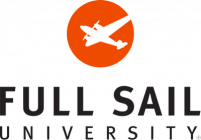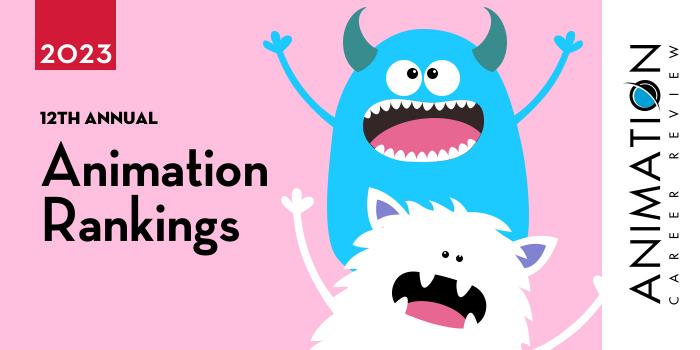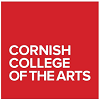DigiPen Institute of Technology (DigiPen) students have earned more than 300 awards and festival selections and more than 230 awards for game projects and academic papers since the school’s inception in 1988. The school provides programs for talented professionals seeking a degree in art, design, technology or engineering.
For animators, DigiPen has two options: a Digital Art and Animation BFA and a Digital Arts MFA. The BFA program is designed for professional artists looking to enhance their skills. Competitive and challenging, the program covers traditional media, 2D and 3D digital art, animation production, pipelines, and more. Students will work solo and in teams to create animated projects, games, and/or films.
Coursework for the BFA ranges from foundation courses such as Animation Basics and The Language of Drawing to advanced courses such as Conceptual Illustration and Visual Development, Cinematic Production, and Scripting and Programming. BFA students will complete a career preparation course and several projects.
The Digital Art and Animation BFA is available at the main DigiPen campus in Redmond and at the school’s international branch campuses DigiPen Europe-Bilbao, Spain and DigiPen Singapore.
The Digital Arts MFA at DigiPen Institute of Technology provides advanced training in animation, 3D modeling, drawing, and digital painting, among other areas. Free electives and independent study provide opportunities for students to customize their pathway. Course examples include Organic and Hard Surface Modeling, Art Research Methodology, Art Production Process, Character Design, Digital Arts Survey and Analysis, and 3D Concepts and Production.
Digital Arts MFA students will complete an MFA Thesis, which begins with a Thesis Pre-Production course, which lasts a semester. For the final two semesters of the program, students will work with a faculty advisor to complete the Thesis project. Throughout the program, students will also work in teams to create several games, films, and other productions.
Graduates of the Digital Art Programs at DigiPen Institute of Technology are prepared for positions such as Animator, Character Artist, Simulation and Effects Animator, Art Director, 3D Modeler, Concept Artist, Producer, Environmental/Asset Artist, and UI Designer, among others. To date, more than 600 companies worldwide have hired DigiPen graduates. Examples include Apple, Amazon Games, Walt Disney Imagineering, Google, Blizzard Entertainment, Warner Bros. Games, Zynga, Meta, DreamWorks Interactive, Sony, Riot Games, ArenaNet, Electronic Arts (EA), Microsoft, Nintendo, and many others.
DigiPen Institute of Technology was established in 1988 as a Vancouver, British Columbia-based computer simulation and animation company. The school serves around 1,200 students enrolled in 10 degree programs in Computer Science, Digital Art and Animation, Engineering, Game Design and Development, and Music and Audio.
DigiPen has international campuses in Singapore and Spain, and educational partnerships with Princess Nourah bint Abdul Rahman University in Riyadh, Kingdom of Saudi Arabia, Keimyung University in South Korea, The One Academy in Kuala Lumpur, Malaysia, and Thammasat University in Thailand.
DigiPen Institute of Technology is accredited by the Accrediting Commission of Career Schools and Colleges (ACCSC).







